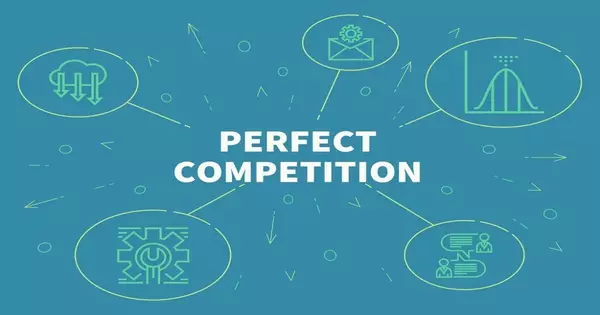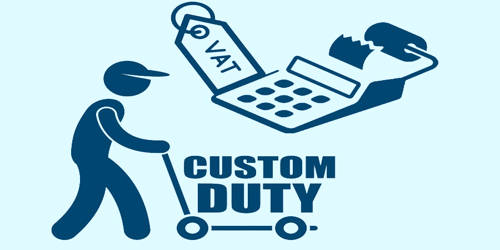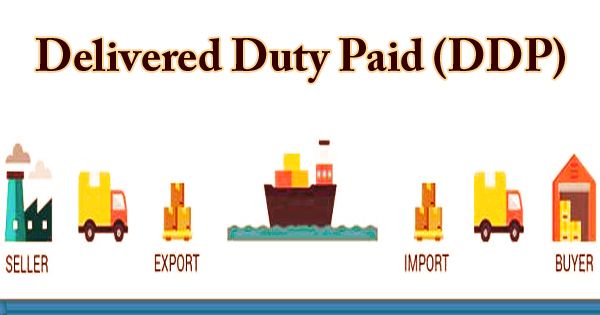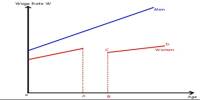A theoretical market structure is referred to as perfect competition. Although perfect competition is uncommon in real-world markets, it serves as a useful model for explaining how supply and demand affect prices and behavior in a market economy. To analyze a firm’s profit maximization problem, we must first define the market environment in which it operates.
A perfectly competitive market has the following defining features:
1. The market consists of a large number of buyers and sellers
2. Each firm produces and sells a homogenous product. i.e., the product of one firm cannot be differentiated from the product of any other firm.
3. Entry into the market as well as exit from the market are free for firms.
4. Information is perfect.
Because there are a large number of buyers and sellers, each individual buyer and seller is very small in comparison to the size of the market. This means that no single buyer or seller can have an impact on the market because of their size. Homogeneous products also imply that each firm’s product is identical. So a buyer can buy from any firm in the market and receive the same product. Free entry and exit means that companies can easily enter and exit the market.
This condition is required for a large number of businesses to exist. If entry is difficult or restricted, the number of firms in the market may be limited. Perfect information implies that all buyers and all sellers are completely informed about the price, quality and other relevant details about the product, as well as the market.
These characteristics combine to form the single most distinguishing feature of perfect competition: price taking behavior. What does price-taking entail from the perspective of a business? A price-taking firm believes that if it sets a price above the market price, it will be unable to sell any quantity of the good that it produces.
If, on the other hand, the set price is less than or equal to the market price, the firm can sell as many units of the good as it wants. What does price-taking imply from the perspective of a buyer? A buyer obviously wants to get the best deal possible. However, a price-taking buyer believes that if she asks for a price below the market price, no firm will be willing to sell to her.
On the other hand, should the price asked be greater than or equal to the market price, the buyer can obtain as many units of the good as she desires to buy. Price-taking is often thought to be a reasonable assumption when the market has many firms and buyers have perfect information about the price prevailing in the market. Why?
Let us begin with the assumption that every firm in the market charges the same (market) price. Assume that a company raises its price above the market price. Because all firms produce the same good and all buyers are aware of the market price, the firm in question loses all of its customers. Furthermore, as these buyers shift their purchases to other firms, no “adjustment” issues arise; their demand is easily accommodated in a market with so many other firms. Remember that the price-taking assumption stipulates an individual firm’s inability to sell any amount of the good at a price higher than the market price.
















